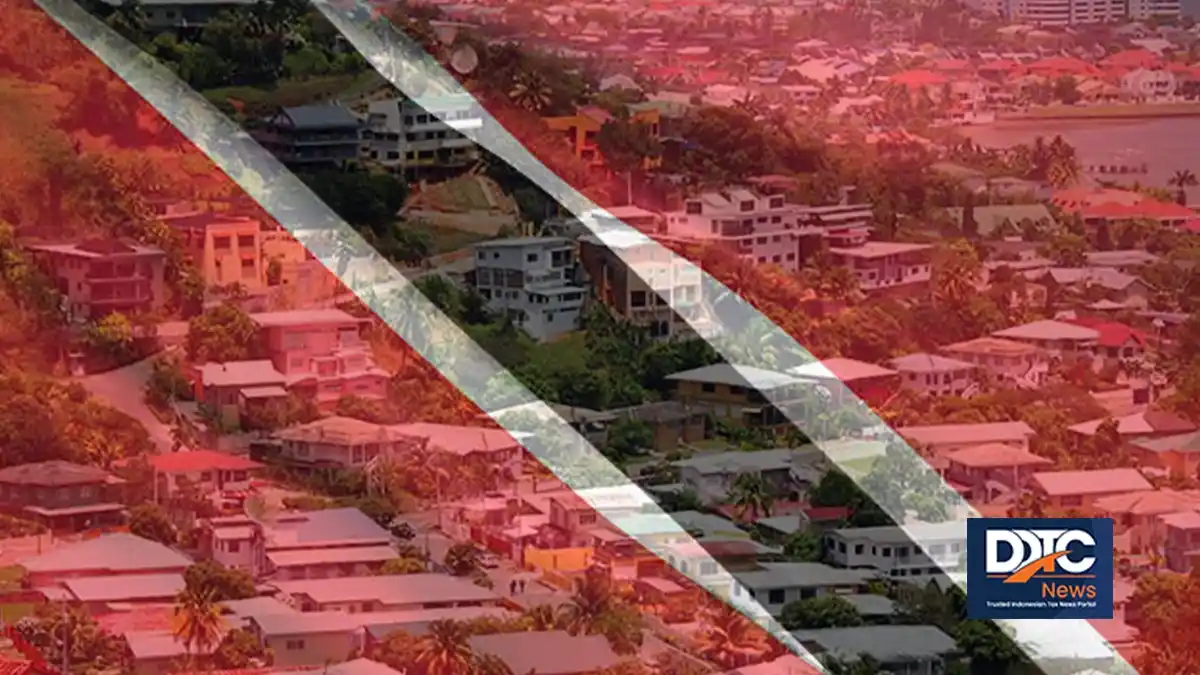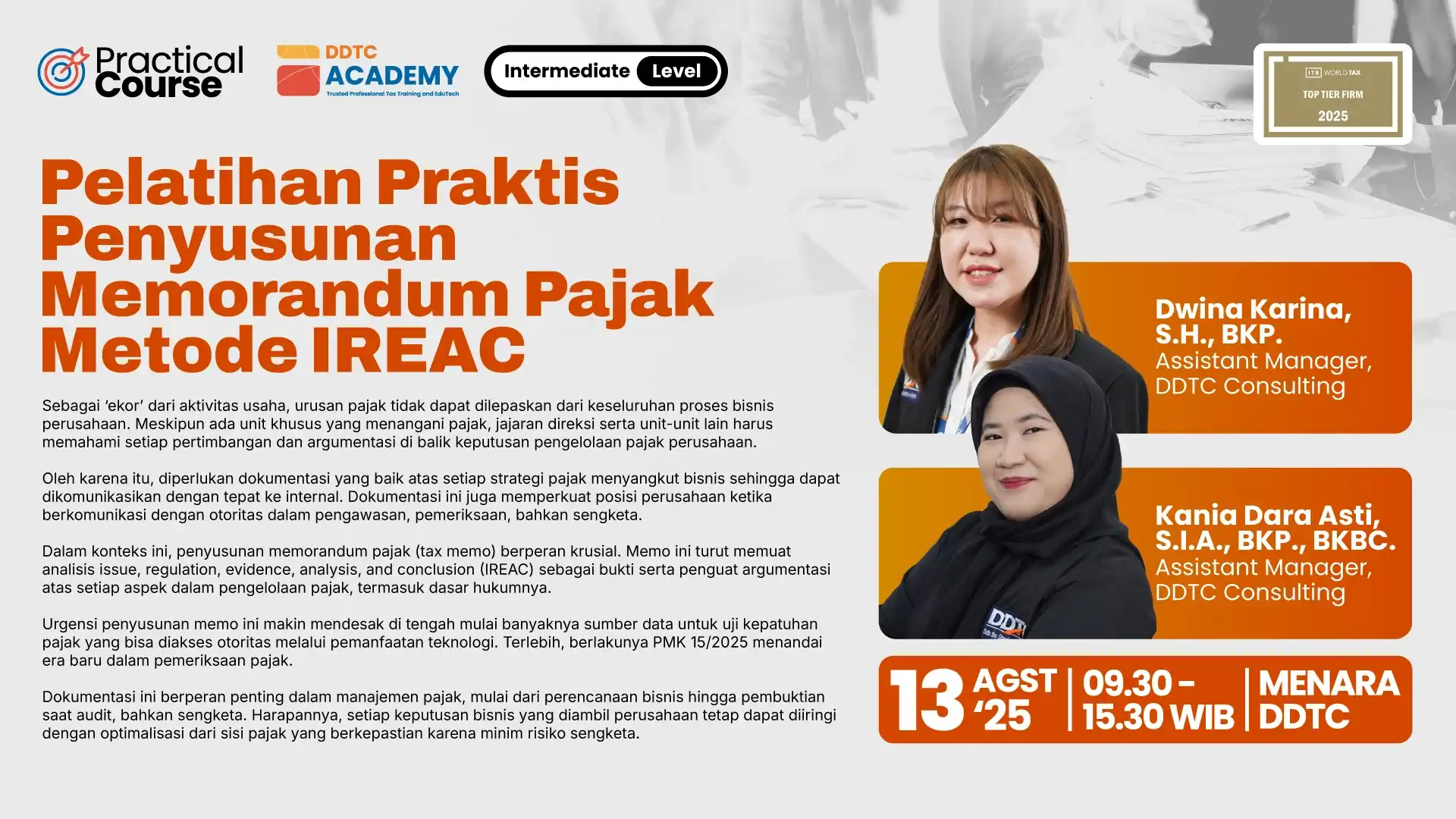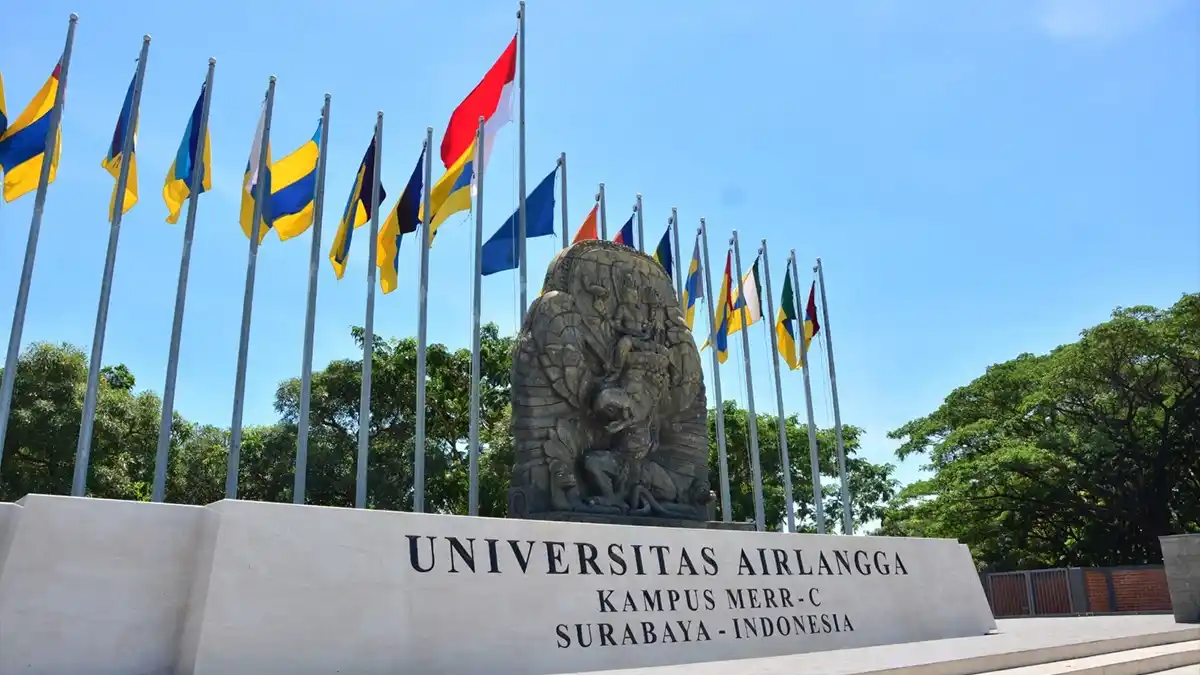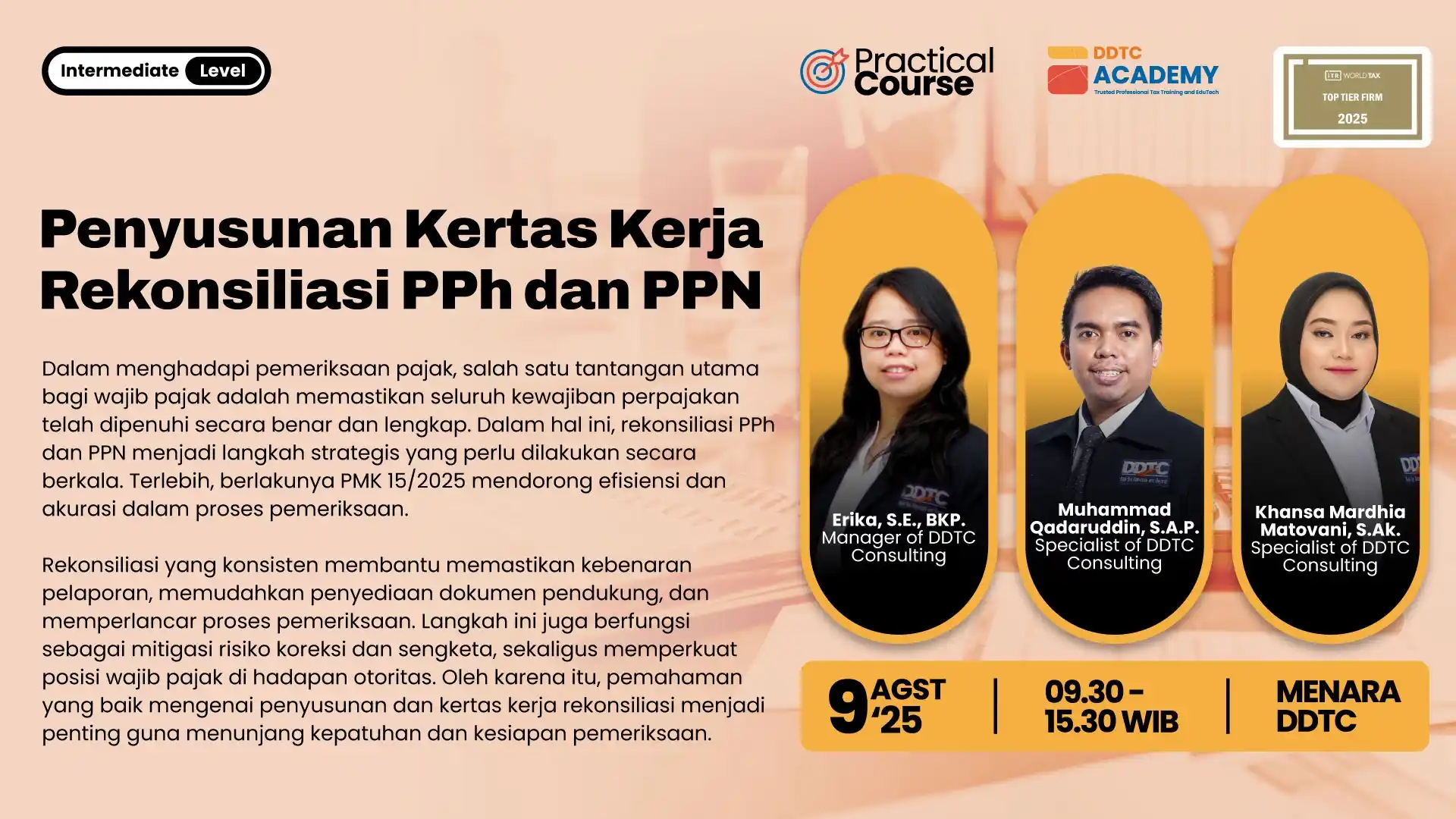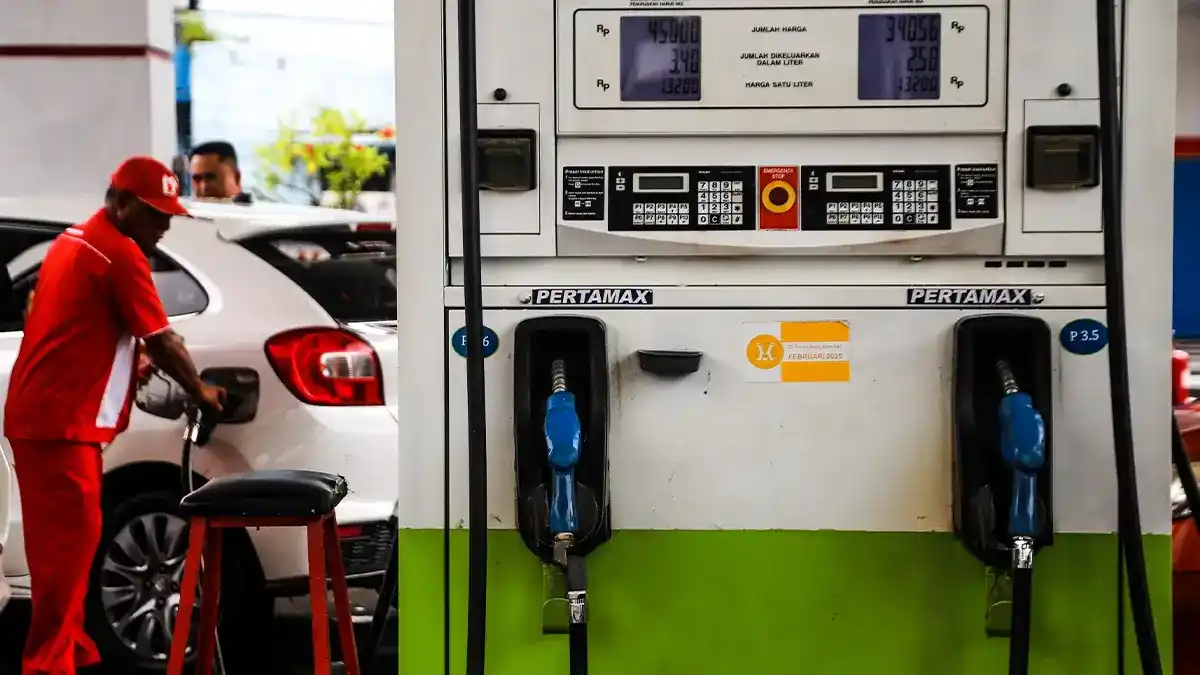‘Former’ In-Kind Rule Repealed, MSME Final Tax Rules in Progress

JAKARTA, DDTCNews – Two topics have garnered the attention of netizens over the past week. First, the repeal of the Director General of Taxes Regulation PER-51/PJ/2009. Second, the ongoing formulation of technical provisions on the extension of the final income tax for MSME entrepreneurs.
Below is a comprehensive review of these topics.
First, in terms of the repeal of the PER-51/PJ/2009, which formerly stipulated the value of food/beverage vouchers for employees, the determination of certain areas as well as the thresholds of means and facilities at the workplace.
The provisions under PER-51/PJ/2009 relate to the expenses for the provision of in-kind and/or fringe benefits constituting deductible expenses for the employer. The regulation was repealed following the entry of force of PER-8/PJ/2025 on 21 May 2025.
As an implementing regulation of MoF Reg. 83/2009, PER-51/PJ/2009 outlined the provisions on the value of food and/or beverage vouchers as well as in-kind and/or fringe benefits in certain areas that constitute deductible expenses of employers.
Pursuant to PER-51/PJ/2009, the value of food and/or beverage vouchers provided to employees who, due to the nature of their work, cannot benefit from food and/or beverages provided in the office constitute deductible expenses for the employer insofar as the value is reasonable.
Referring to Article 2 paragraph (2) of PER-51/PJ/2009, the value of such vouchers is deemed reasonable if not exceeding the expenses for the provision of food and/or beverages per employee provided by the employer at the workplace (office).
Further, pursuant to the provisions under MoF Reg. 83/2009, reimbursements or remunerations in the form of in-kind and/or fringe benefits in respect of the implementation of work in certain areas constitute deductible expenses.
PER-51/PJ/2009 outlines the provisions on the determination of certain areas, procedures for the submission of the applications for determination as certain areas as well as thresholds of the provided means and facilities.
The provisions stipulated under PER-51/PJ/2009 are, in fact, no longer relevant since the enactment of Law 7/2021 concerning the Harmonisation of Tax Regulations (HPP Law), Government Regulation (Gov. Reg.) 50/2022 and the Minister of Finance Regulation (MoF Reg.) 66/2023.
Second, the extension of the 0.5% final income tax for MSMEs.
The Directorate General of Taxes (DGT) has affirmed that the government remains committed to extending the application of the 0.5% final income tax rate for individual micro, small and medium enterprises (MSMEs) although Gov. Reg. 55/2022 has not been amended.
Director General of Taxes Bimo Wijayanto explained that the revision of Gov. Reg. 55/2022 is in progress. He noted that the Ministry of Finance is currently awaiting the discussion of the revision of the Gov. Reg. at the Ministry of State Secretariat.
“At present, the Gov. Reg. is awaiting the scheduling of inter-ministerial deliberations by the Ministry of Internal Affairs,” he states.
Article 59 of Gov. Reg. 55/2022 r prescribes the time limit for the application of the final income tax for MSMEs for a maximum of 7 tax years for individuals; 4 tax years for cooperatives, limited partnerships, firms, village-owned enterprises (badan usaha milik desa/BUMDes in Indonesian)/joint village-owned enterprises (badan usaha milik desa bersama/BUMDesma in Indonesian) or sole proprietorships incorporated by one person; as well as three tax years for limited liability companies.
The applicable period for the imposition of final income tax is a continuation of the time frame set under Gov. Reg. 23/2018 and does not restart with the issuance of the newer regulation. Thus, if an individual is registered after the enactment of Gov. Reg. 23/2018 in 2018, this implies that the final income tax remains in effect only until the 2024 tax year.
Nevertheless, in December 2024, the government announced its intention to extend the duration of the 0.5% final income tax regime for individual MSMEs through a forthcoming amendment to the Gov. Reg.
Beyond these two primary developments, other notable issues discussed over the week include the establishment of a special task force for state revenues, concerns over declining tax revenues, the adjustment to thresholds for increases in Article 25 Income Tax instalments and the official appointment of hundreds of echelon III and IV officials within the Ministry of Finance.
Below is a full review of the tax articles.
Minister of Finance Supports the Indonesian National Police Special Revenue Task Force
Minister of Finance Sri Mulyani Indrawati expressed her support for the Special Task Force (Satuan Tugas Khusus/Satgassus in Indonesian) for State Revenues Optimisation, noting that such an initiative was long overdue.
According to Sri Mulyani, she had been invited to the official launch of the task force by the Indonesian National Police. Since then, the Ministry of Finance has engaged in coordination and communication with the task force to align on strategies for enhancing state revenues.
“This [State Revenue Optimization Task Force] may undergo further strengthening, and these efforts are certainly positive and crucial to sustaining [revenues]. A sound state budget relies on robust revenue performance,” said Sri Mulyani.
Tax Revenues Continue to Slump
The Ministry of Finance reported that tax revenue realisation for January–May 2025 only stood at IDR683.3 trillion, reflecting a 10.14% decrease compared to the same period in the previous year.
Deputy Minister of Finance Anggito Abimanyu attributed the decline in tax revenue performance to a significant volume of tax refunds, commonly referred to as restitution.
“There is indeed a negative impact on the net [tax revenues] on account of the due refund liabilities,” he elaborated.
Threshold for Art. 25 Tax Income Instalments Increases
Director General of Taxes Regulation No. PER-11/PJ/2025 lowers the threshold for upward adjustment —or dynamization—of Art. 25 Income Tax instalments from 150% to 125%.
Director General of Taxes Bimo Wijayanto explained that the revision to the threshold aims to create symmetry with the threshold for Art. 25 Income Tax instalments downward adjustments in cases where taxpayers experience a business decline.
“The decrease to 125% is to balance fiscal dynamism with that of the taxpayers,” he stated.
Stricter Requirements for Tax Attorneys
The Ministry of Finance is planning to tighten the qualifications required for individuals to serve as attorneys in the Tax Court.
The additional requirements are outlined in the draft MoF Reg. concerning Requirements, Application, Extension and Revocation as Attorneys in the Tax Court. This draft MoF Reg. will replace MoF Reg. 184/2017 concerning the Requirements to Become Attorneys in Tax Courts.
“The revision of the MoF Reg. aims to safeguard the interests of justice seekers and enhance the competence of attorneys to ensure a more effective and expeditious dispute resolution process at the Tax Court,” explained Acting Secretary of the Tax Court Secretariat Roni Ziyardi Yasmi.
Hundreds of Echelon III-IV Officials Inaugurated
Minister of Finance Sri Mulyani Indrawati has inaugurated thousands of echelon III officials, echelon IV officials and functional officials across various echelon I units, including the Directorate General of Taxes (DGT).
Today’s inauguration ceremony saw the appointment of 175 echelon III officials, 27 echelon IV officials and hundreds of DGT functional officials.
“I have been informed that 45% of the assignments involve inter-unit rotations. This implies that many of you will step into new roles and undertake new responsibilities in environments outside your former units,” she remarked. (sap)
Cek berita dan artikel yang lain di Google News.













